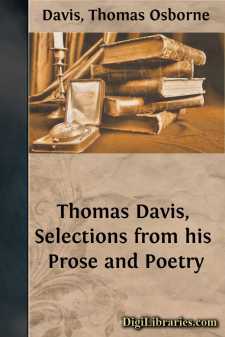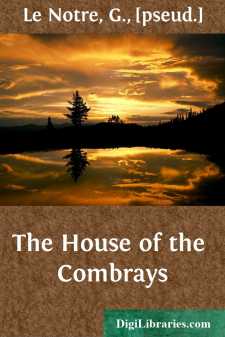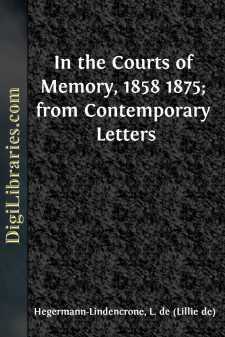History
- Africa 30
- Americas (North Central South West Indies) 50
- Ancient 68
- Asia 58
- Australia & New Zealand 8
- Canada 41
- Caribbean & West Indies 1
- Civilization 20
- Eastern Europe 12
- Europe
- Expeditions & Discoveries 60
- General 77
- Historical Geography 1
- Jewish 9
- Latin America 3
- Medieval 8
- Middle East 13
- Military 248
- Revolutionary 8
- Study & Teaching 5
- United States 353
- Western Europe 56
- World 13
Europe Books
Sort by:
THE FIRST CHAPTER. Having ended our former booke with the end of the Romane power ouer this Iland, wherein the state of the Iland vnder them is at full described; it remaineth now that we procéed to declare, in what state they were after the Romans had refused to gouerne them anie longer. Wherefore we will addresse our selues to saie somewhat touching the succession of the British kings, as their...
more...
CHAPTER I. FAMOUS SOUTHWARK INNS. Unique among the quaint maps of old London is one which traces the ground-plan of Southwark as it appeared early in the sixteenth century. It is not the kind of map which would ensure examination honours for its author were he competing among schoolboys of the twentieth century, but it has a quality of archaic simplicity which makes it a more precious possession than...
more...
INTRODUCTION. In the present edition of Thomas Davis it is designed to offer a selection of his writings more fully representative than has hitherto appeared in one volume. The book opens with the best of his historical studies—his masterly vindication of the much-maligned Irish Parliament of James II. Next follows a selection of his literary, historical and political articles from The Nation and...
more...
by:
G. Le Notre
CHAPTER I THE TREACHERY OF JEAN-PIERRE QUERELLE Late at night on January the 25th, 1804, the First Consul, who, as it often happened, had arisen in order to work till daylight, was looking over the latest police reports that had been placed on his desk. His death was talked of everywhere. It had already been announced positively in London, Germany and Holland. "To assassinate Bonaparte" was a...
more...
by:
Thomas H. Benton
PREFACE IN THE SOCRATIC MANNER "Nothing broadens and mellows the mind so much as foreign travel."—Dr. Orison Swett Marden. The scene is the brow of the Hungerberg at Innsbruck. It is the half-hour before sunset, and the whole lovely valley of the Inn—still wie die Nacht, tief wie das Meer—begins to glow with mauves and apple greens, apricots and silvery blues. Along the peaks of the great...
more...
CAMBRIDGE, 1856. DEAR M.,—You say in your last letter, "Do tell me something about your school." If I only had the time, I could write volumes about my school, and especially about my teachers. To begin with, Professor Agassiz gives us lectures on zoölogy, geology, and all other ologies, and draws pictures on the blackboard of trilobites and different fossils, which is very amusing. We call...
more...
THE FIRST CHAPTER. INAS. 689. After that Ceadwalla, late K. of the Westsaxons was gone to Rome, where he departed this life (as afore is shewed) his coosen Inas or Ine was made king of the Westsaxons, begining his reigne in the yéere of our Lord 689, in the third yeere of the emperor Iustinianus the third, the 11 yéere of the reigne of Theodoricus K. of France, and about the second The Britains...
more...
Seventy-five years have passed since Lingard completed his History of England, which ends with the Revolution of 1688. During that period historical study has made a great advance. Year after year the mass of materials for a new History of England has increased; new lights have been thrown on events and characters, and old errors have been corrected. Many notable works have been written on various...
more...
by:
Hilda T. Skae
CHAPTER I There was a time, many years ago, when this England of ours was a savage country. The oldest stories that we read about our island happened so long ago, that the English had not yet come to the land where we live. In those days, the country was not called England but Britain; and the people were the ancient Britons. In the time of the Britons, the greater part of the country was covered with...
more...
by:
Charles Greville
1830. London, July 16th, 1830 I returned here on the 6th of this month, and have waited these ten days to look about me and see and hear what is passing. The present King and his proceedings occupy all attention, and nobody thinks any more of the late King than if he had been dead fifty years, unless it be to abuse him and to rake up all his vices and misdeeds. Never was elevation like that of King...
more...











